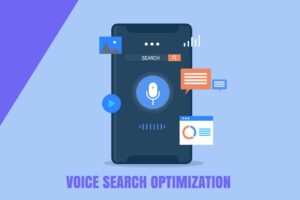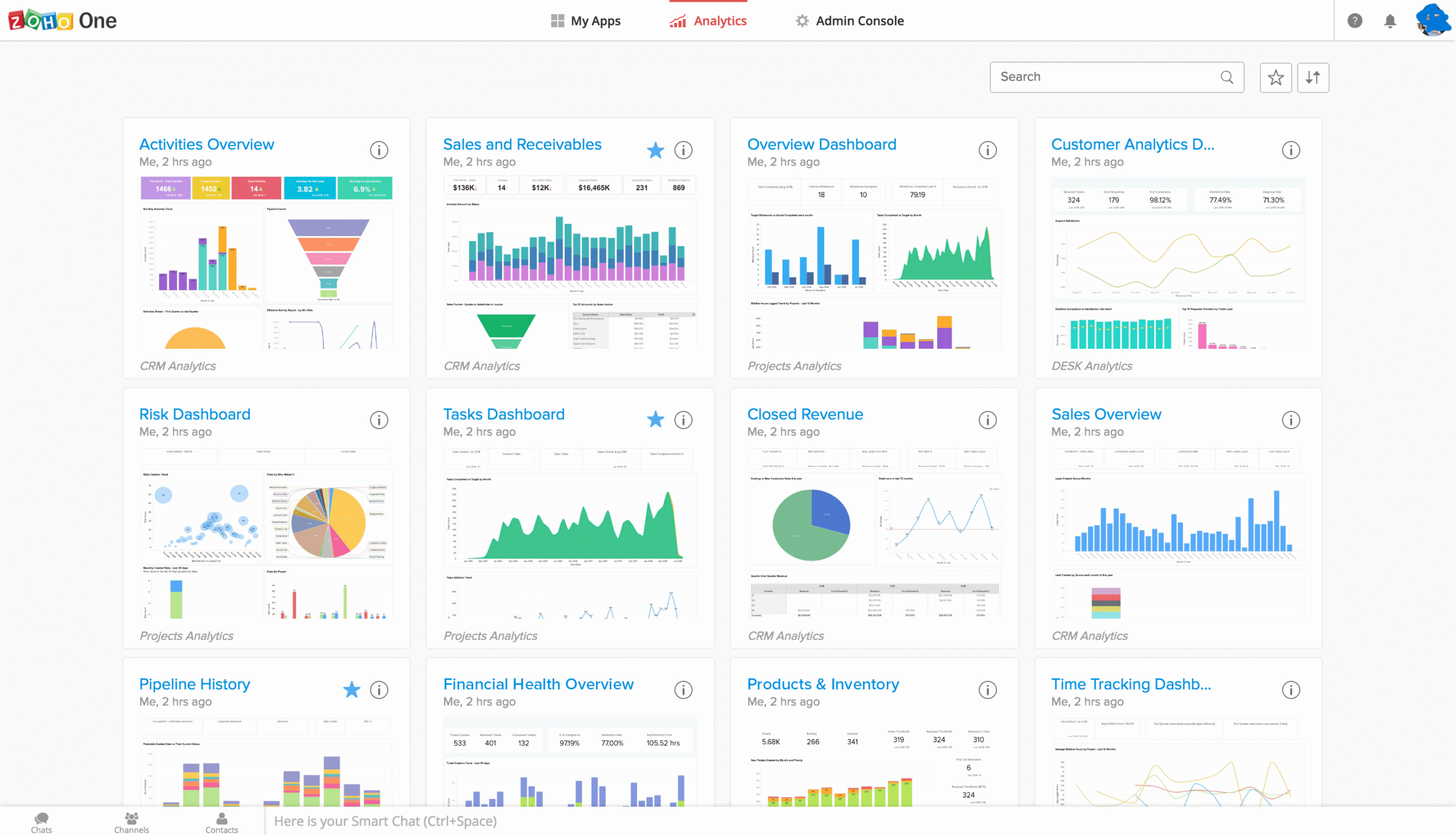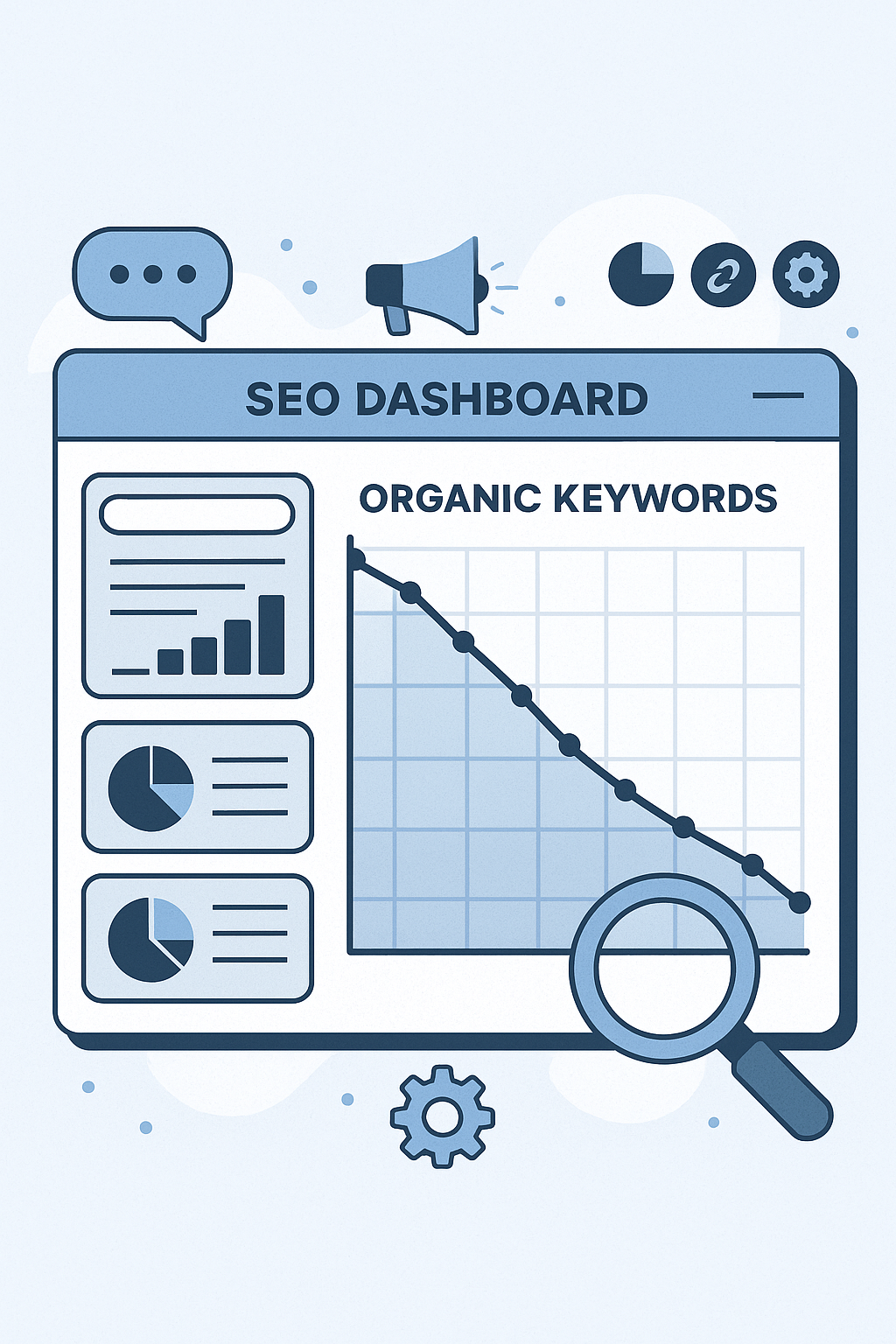In 2024, AI is driving transformative changes in the field of SEO, redefining how businesses optimize their websites for search engines. From automation to personalized search results, AI tools and techniques are reshaping SEO strategies, making processes more efficient and data-driven. This article delves into how AI is transforming SEO, focusing on its current impact and future possibilities.
1. AI in SEO: A Brief Overview
Artificial intelligence (AI) has become a fundamental part of the digital marketing landscape, and SEO is no exception. AI in SEO involves the use of machine learning algorithms, natural language processing (NLP), and automated tools to analyze data, predict trends, and optimize content for better rankings.
2. Automated Content Generation with AI
One of the biggest advantages AI offers to SEO is automated content generation. With AI-powered tools like ChatGPT and Jasper, creating high-quality, relevant content has become faster and more efficient. These tools can analyze search trends, user intent, and competition to generate content that ranks well for specific keywords.
By using AI for content generation, businesses can maintain the ideal keyword density for SEO, ensuring the right balance between keyword usage and readability. AI tools can automatically suggest keyword variations, related terms, and long-tail keywords, helping create content that aligns with search engine algorithms.
However, it’s crucial to edit and add a human touch to AI-generated content to ensure it feels natural and personalized. Search engines value content that resonates with human users, so avoiding over-optimization and robotic language is key.
3. Keyword Research and Optimization
AI has significantly streamlined the keyword research process, which is a fundamental aspect of SEO. Traditional methods involved manual research, competitor analysis, and tools like Google Keyword Planner. Now, AI tools such as SEMrush and Ahrefs are using machine learning to analyze vast amounts of data and predict which keywords will drive the most traffic.
AI tools analyze user search behavior, identifying which terms are becoming popular and offering suggestions for content optimization. In 2024, AI-based keyword research tools can pinpoint niche keywords with low competition and high search volume, helping websites rank more easily. This ability to refine keyword strategies gives businesses a competitive edge in crowded industries.
By optimizing for AI-suggested keywords, businesses can enhance their visibility and drive more organic traffic. Maintaining appropriate keyword density for SEO is also crucial here, and AI tools can help ensure that keywords are naturally integrated into the content without overstuffing.
4. Natural Language Processing and Content Understanding
Search engines have evolved to prioritize user intent and content relevance over just keyword matching. AI’s ability to understand human language through NLP has made it possible for search engines to analyze the meaning behind searches. Google’s BERT and MUM algorithms, for instance, rely on AI to deliver more contextually relevant results to users.
In 2024, SEO professionals need to focus on optimizing content not just for keywords but for context. AI-powered SEO tools help analyze content from the perspective of search engines, ensuring it addresses user queries more effectively. NLP-driven AI can determine the semantic relationship between words, allowing content to rank higher based on its relevance, rather than just keyword usage.
For example, when users search for “AI in SEO,” they might be looking for tools, strategies, or examples. AI-driven content optimization ensures that pages cover the breadth of the topic and align with the searcher’s intent, resulting in improved rankings.
5. AI-Driven Analytics and Insights
The ability to analyze vast amounts of data is one of AI’s strongest attributes, and it has revolutionized how SEO professionals interpret data. AI tools like Google Analytics 4 (GA4) use machine learning to offer predictive insights and recommendations, allowing for more proactive SEO strategies.
With AI-driven analytics, businesses can track user behavior, monitor keyword rankings, and analyze traffic patterns in real-time. AI tools are helping SEO professionals to uncover hidden opportunities, identify ranking drops early, and predict which SEO changes will yield the highest ROI.
In 2024, the use of AI for SEO means businesses can make data-driven decisions faster, allowing for quicker adjustments to content, keywords, and technical SEO elements. This real-time analysis is invaluable for staying ahead of competitors and maintaining strong search rankings.
6. Personalized Search Results
Personalization is becoming more critical in search results, and AI is the driving force behind it. Search engines are increasingly using AI to deliver personalized results based on factors like location, search history, and user preferences.
For SEO professionals, this means optimizing content for localized searches and tailoring it to specific audience segments. AI tools can analyze which types of content perform best for different user groups and suggest ways to customize pages to improve relevance and engagement.
In 2024, SEO is no longer about a one-size-fits-all approach. AI helps businesses create personalized user experiences that align with search algorithms’ emphasis on relevancy and user satisfaction.
7. Voice Search Optimization
With the rise of voice assistants like Siri, Alexa, and Google Assistant, voice search optimization is becoming a crucial part of SEO strategies. AI is at the heart of these technologies, and as voice search grows in popularity, SEO professionals need to adapt.
AI-driven voice search means optimizing content for conversational language and long-tail keywords. In 2024, more users are conducting searches using natural language queries like “What’s the best SEO tool for beginners?” AI tools help businesses optimize for these queries by analyzing how people speak, not just type.
Optimizing for voice search involves focusing on mobile-friendliness, site speed, and creating content that provides concise, relevant answers. AI tools can assist by identifying voice search trends and helping businesses create voice-search-friendly content.
8. Future Trends: AI and SEO Beyond 2024
Looking ahead, the impact of AI on SEO is only expected to grow. We’re likely to see AI become even more integrated into content creation, personalization, and predictive analysis. AI will continue to shape search engine algorithms, making SEO strategies more dynamic and complex.
AI in SEO is not just about automating tasks but about providing deeper insights, allowing businesses to stay ahead of trends and optimize their strategies. As AI continues to evolve, so will the tools and techniques that SEO professionals use to improve rankings, drive traffic, and enhance the user experience.
Conclusion
AI is transforming the SEO landscape in 2024 by automating processes, improving keyword research, enhancing content creation, and driving data-driven decision-making. From personalized search results to advanced voice search optimization, AI is helping businesses stay ahead in the competitive digital space. By leveraging AI tools and strategies, SEO professionals can achieve higher rankings, improve traffic, and deliver more relevant content to users, ultimately securing a competitive advantage in the evolving world of search.



















